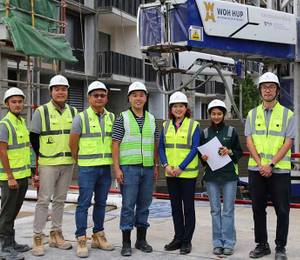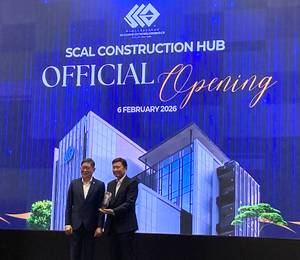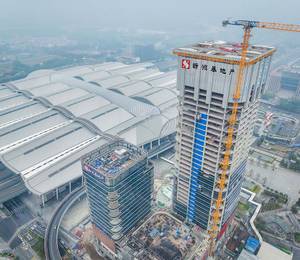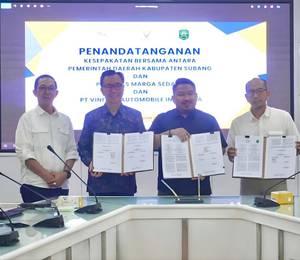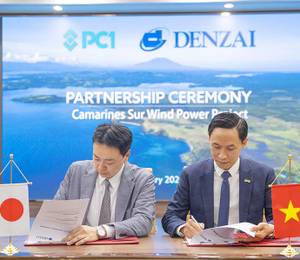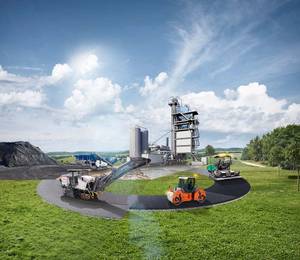Global construction consultant Linesight has published its ‘Construction Market Insights’ report for Asia Pacific (APAC) & GCC, which analyses the macro- and micro-economic conditions impacting the construction industry in 2024, across priority sectors, key commodities and the overall labour market.
In a year where Asia Pacific is predicted to become the fastest growing region globally by gross domestic product (GDP), the report has identified a key shift in challenges for the construction industry. With prices of key commodities and materials beginning to level off, elevated interest rates and labour are now some of the most significant challenges across the region.
The APAC markets specified in the report include Malaysia, Singapore, South Korea, Taiwan, India, Japan and Australia, while the GCC markets consist of Saudi Arabia and the UAE.
According to the report, there is an acute shortage of labour in developed countries due to factors such as ageing populations and supply-demand gaps, while a gap in skilled labour is evident in emerging countries. Despite challenges ahead, construction output in APAC continues to grow, fuelled largely by substantial investments in critical sectors including infrastructure, data centres, semiconductors and renewable energy.
On a macro level, APAC is expected to achieve target inflation levels ahead of other economies in 2024, with a more gradual decline in the coming two years. While 2023 saw aggressive rate increases, interest rates are anticipated to inch downwards in 2024.
For the construction industry however, the report notes that elevated interest rates have created challenging conditions for new construction with increased cost of financing and impacts on contractor’s profit margins.
Commodity and material prices have continued to stabilise in recent quarters across most APAC countries. In Singapore, sustained manufacturing activity has led to stable steel rebar and steel flat prices with a year-on-year (Q1 2023 to Q1 2024) price change of -9% and -3%, respectively.
Copper prices, while remaining somewhat volatile, are also easing. Nevertheless, improving economic conditions, anticipated recovery in Chinese markets and increased demand from government-led renewable energy initiatives are expected to result in an upward price trajectory for copper in Singapore.
The report also reveals the following trends in Singapore:
-
The industry is projected to sustain a 3.3% growth in 2024 with sustainability and innovation, particularly in green construction and smart infrastructure, remaining as focal points.
-
A surge in e-commerce, 5G expansion, and widespread adoption of cloud computing and AI is driving growth in data centre builds in developed markets like Singapore with a pipeline of projects worth US$2.2 billion. Although capacity and skilled labour constraints are critical, Singapore remains committed to strengthening its Tier 1 status as an APAC data centre hub.
-
Singapore is leading the way in R&D for the life sciences sector in APAC, backed by significant investments in AI to accelerate drug discovery. The surge in R&D activities is expected to drive demand for laboratory facilities with several already planned.
-
The APAC region’s battery manufacturing capacity is forecast to double by 2030 and Singapore is set to become a major player in the semiconductor sector as it ramps up efforts to increase foundry capacities.
John Butler, managing director for Asia Pacific at Linesight, said, “APAC’s construction industry has made significant strides to establish its dominance across mission critical sectors with a vast pipeline across the region in 2024. In the face of strong demand and persistent labour shortages, recruitment, training and widespread implementation of more efficient delivery methods will be essential to fulfil the region’s construction potential, and to support the global transition to net zero emissions by 2050.”
The report can be read in full here
Image: wal_172619/Pixabay

